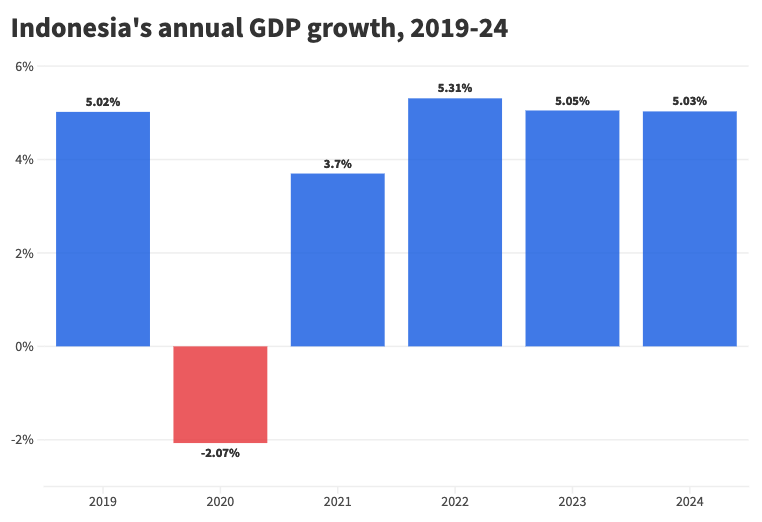Last week, Indonesian President Prabowo Subianto fired Sri Mulyani Indrawati, one of Indonesia's longest-serving finance ministers, in a fresh bid to unshackle economic growth and quell further protests.
According to Singapore-based Channel News Asia, Sri Mulyani was given just an hour’s notice before being let go. She previously served as managing director of the World Bank and an executive director of the International Monetary Fund.
The cabinet shuffle — encompassing changes to five portfolios — came after two weeks of sometimes violent protests over lavish housing allowances for politicians and economic inequality.
Prabowo’s new finance minister, “little-known” Purbaya Yudhi Sadewa, committed to spending C$1.36 billion (16 trillion Indonesian rupiah) in stimulus this year. Jakarta also recently transferred C$16.8 billion (200 trillion rupiah) in central bank cash reserves to state-owned lenders to spur sluggish lending.
Purbaya has said that Prabowo’s goal of eight per cent annual GDP growth is “not impossible.” Such growth would require a Herculean effort: in the second quarter of 2025, Indonesia’s GDP grew 5.2 per cent year-over-year.

Prabowo was invited to attend the G7 summit in Canada in June but chose instead to speak at a forum in St. Petersburg hosted by Russian President Vladimir Putin. Prabowo has yet to meet Canadian Prime Minister Mark Carney.
With Canada’s Parliament back in session, there’s hope that the two leaders will soon meet and sign the Canada-Indonesia Comprehensive Economic Partnership Agreement (CEPA). CEPA negotiations concluded last year. In 2024, Canada–Indonesia merchandise trade totalled C$5.5 billion.
